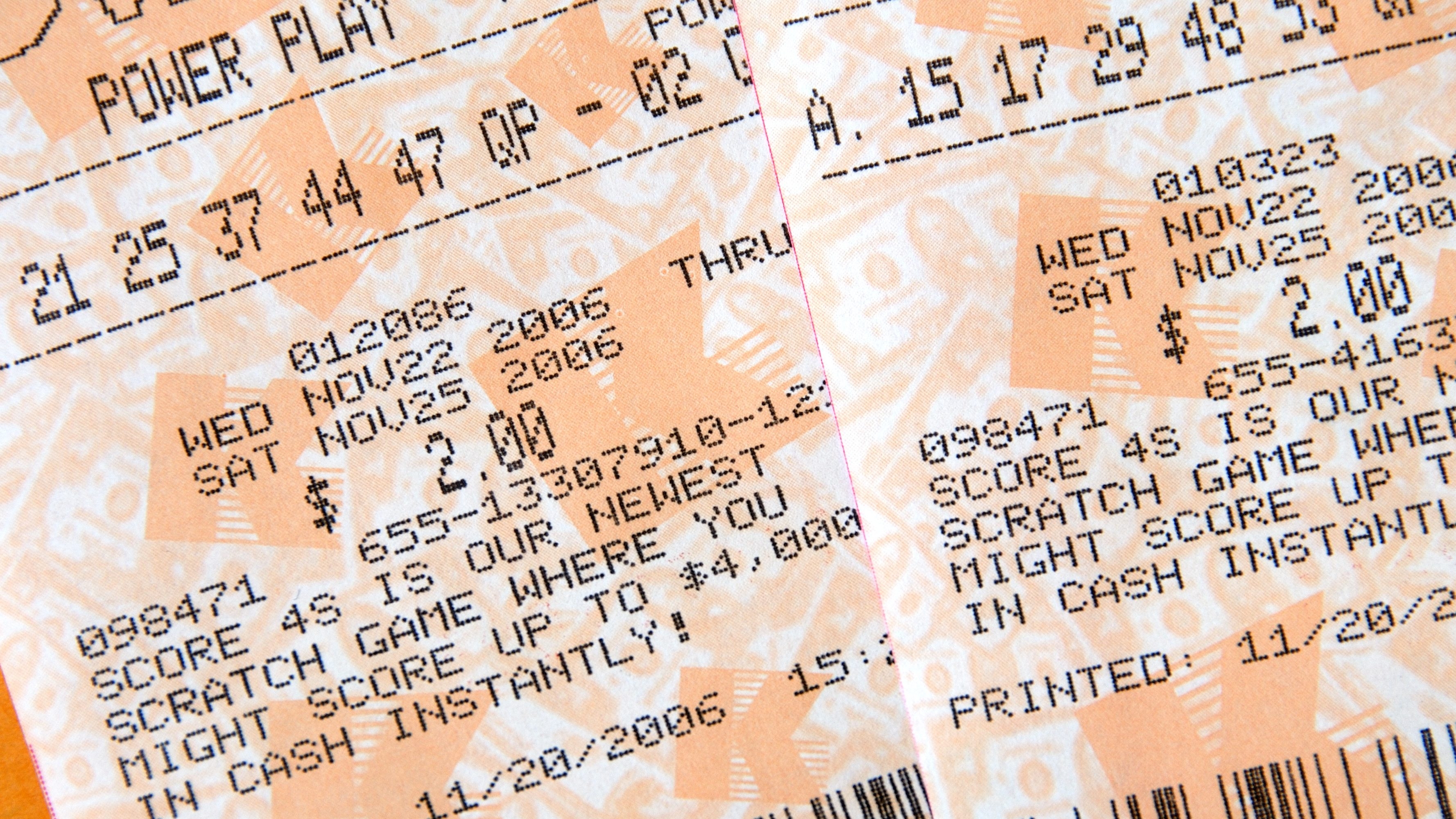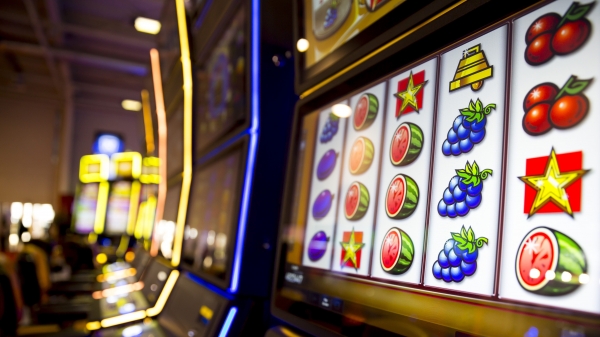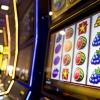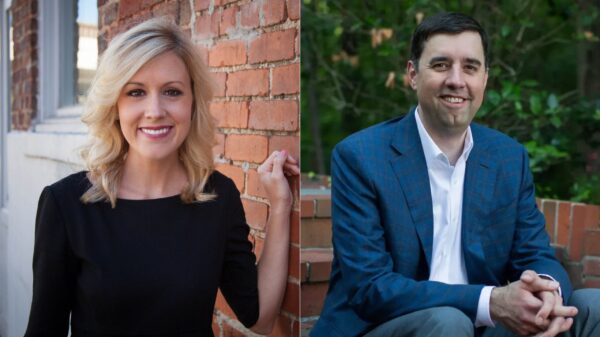The lottery bill is expected to be voted on in committee this week.
AL.com has reported the vote would take place in committee Tuesday, but later reporting by the Alabama Daily News stated that the vote would be Wednesday afternoon in the House Tourism and Economic Development Committee.
As of press time, the legislature is not reporting any of their committee agendas to know who is meeting at what time and what will be on their agenda.
Senate Bill 220 is sponsored by State Senator Greg Albritton, R-Atmore.
The bill states: “The Legislature finds that lotteries have been enacted in many states and the revenues generated from those lotteries have contributed to the benefit of those states. Many Alabamians already participate in other state lotteries.
Therefore, the purpose of the proposed 16 amendments is to establish and provide for a lottery statewide to generate revenue for the state.”
Originally the profits from the lottery were to be split between the Alabama Trust Fund — the state’s savings account — and the state general fund but that was modified by the Senate to the SGF.
The House committee has further amended the bill to send 75 percent of the profits to the General Fund and 25 percent to the education budget.
SB220 would allow for Alabama to participate in multi-state lotteries like the Power Ball and do daily scratch-offs at convenience stores. Gambling advocates claim that the Albritton lottery leaves money on the table by not expanding to computer games.
Senator Jim McClendon, R-Springville, had introduced a more freewheeling lottery bill that included video lottery terminals (VLTs) at the state’s four dog tracks. Senate Majority Leader Del Marsh, R-Anniston, however, preferred the paper lottery only Albritton proposal so the McClendon bill has languished in a committee in the house of origin.
The Alabama Constitution of 1901 forbids games of chance and other forms of gambling, thus to allow a lottery means that the Albritton bill requires a three-fifths supermajority to pass in both Houses of the legislature.
If the bill somehow gets out of committee, it faces an uncertain path in the House.
State Representatives Pebblin Warren, D-Tuskegee, and Artis “A.J” McCampbell, D-Livingston, have both introduced local constitutional amendments to legalize electronic bingo machines at Victoryland in Shorter and Greentrack in Eutaw.
Warren has said that she will not vote for the lottery unless the Republican approve her constitutional amendment.
Some Republicans have said that they will support a paper lottery only and will not vote to allow electronic bingo in Alabama. It is not known if the entire Democratic caucus would follow that course; but it is difficult for a gambling bill, even the lottery, to pass the House without Democratic support.
It is estimated that at least twenty-two conservative Republicans are opposed to any expansion of gambling in the state to include SB220.
Earlier this year, Democrats allied with establishment Republicans to pass a fantasy sports contest bill in the House and to pass a massive fuel tax increase both over the objections of conservative Republicans. The leadership will need to hold that moderate GOP-Democrat coalition together to pass the lottery in the house. If the House were to allow the expansion of legalized gambling at the dog tracks, there is a strong likelihood that the bill would be dead on arrival when it comes back to the Senate. The version that passed the Senate only passed 21 to 12.
Some critics of SB220 complain that by not expanding electronic bingo it makes the Poarch Creek Indians, a sovereign tribe whose electronic casino games are protected by the federal government’s Bureau of Indian Affairs, a monopoly and that would be protected by the state constitution.
Some lottery supporters will vote for any lottery bill; while others argue that since it is unlikely that a second constitutional amendment will pass any time soon that a lottery amendment has to be “right” (and different legislators have different definitions for what a right lottery bill looks like).
Then Gov. Robert Bentley called a special session in 2016 to pass a lottery. Then both Houses passed different versions of the lottery, but could not reach agreement on what kind of a lottery bill they wanted.
Conservatives argue that the government should not be funded on an untrustworthy source like a lottery that requires that government exploit the personal weaknesses of the citizenry to fund its operations. Generally, only the citizens who can not understand mathematics play lottery games frequently enough to make the games pay and often those citizens become gambling addicts and they are often the ones least able to afford it.
75 percent of the cost of running a lottery would go to prizes, promotion, the convenience stores that sell the tickets, and the company that runs the lottery for the state. Albritton estimates that his lottery would return $167 million to state coffers annually. Critics like Senator Larry Stutts, R-Sheffield, reject that estimate as far too high. Stutts opposes any lottery; but said that if we were to pass a lottery, this was the wrong lottery.
If a lottery bill does pass the legislature, it still has to be approved by voters during the March presidential primaries. While many voters support a lottery, like Georgia’s that funds Hope Scholarships for college kids, this lottery does not do that. Instead, all the money goes back to the government. That could be a harder sell to voters, who rejected the lottery the last time that the legislature passed one.





















































